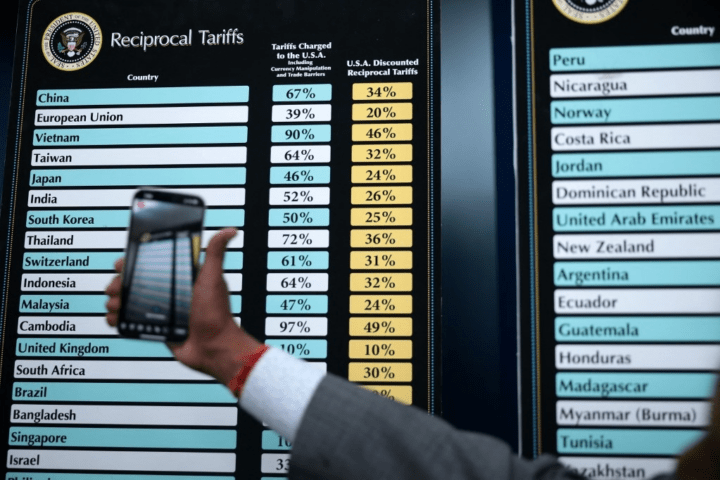As immigration levels to Europe have receded to pre-2015 figures, the accompanying public alarm has also notably diminished. This shift is evident across eight key countries in Western Europe, where a median of 23% now cite immigration as a primary concern, down from nearly 50% in November 2015. Despite this significant decrease, immigration remains a contentious issue, particularly in Denmark and Germany, where it is the foremost concern for 34% and 38% of the population, respectively.
The debate over immigration has frequently been fueled by far-right parties, leading to political turbulence. Germany has witnessed coalition upheavals, while immigration has dominated recent elections in Italy and Sweden. The crux of the matter lies not just in the numbers but in the integration of immigrants into their new societies.
As immigration levels drop, the fever pitch of concern abates, but the debate is far from over.
According to a late 2017 survey by the Pew Research Center, there is a strong consensus that immigrants should adopt the customs and traditions of their host countries for societal harmony. Speaking the local language and respecting national laws and institutions are deemed essential by most Western Europeans. However, a significant minority also believes that being born in the country or adhering to Christianity is important for national identity.

This broad agreement on cultural integration contrasts sharply with the divided opinions on immigration’s economic and security impacts. The fear of terrorism outweighs economic concerns, with over half of Germans believing immigrants increase terrorism risks, while only 19% view them as an economic burden.
These attitudes are deeply influenced by ideology, education, age, and financial status. The ideological right is more likely to emphasize the need for cultural integration and to view immigrants as a security and economic threat. In contrast, those on the left tend to have a more positive outlook. Educational attainment significantly shapes perspectives; for instance, in Italy, almost half of those with only a secondary education see immigrants as an economic burden, compared to just 24% of those with higher education.

Age also plays a crucial role. Older individuals are more likely to have negative perceptions of immigrants. In the UK, about half of those aged 50 and above see immigrants as a terrorism risk, compared to a quarter of those under 30. Financial circumstances further influence opinions; those with lower incomes are more inclined to feel economically burdened by immigrants. However, even among lower-income groups, there is a recognition of immigrants’ economic contributions.
Gender differences are less pronounced concerning cultural integration, but men in countries like the Netherlands, Denmark, Germany, Sweden, and the UK are more likely than women to perceive immigrants as increasing terrorism risks.
Western Europe stands at a crossroads, grappling with the complexities of immigration. The path forward requires addressing these multifaceted concerns through informed, compassionate, and pragmatic policies. Understanding and mitigating fears while promoting integration and celebrating diversity will be key to fostering a cohesive and resilient European society.










